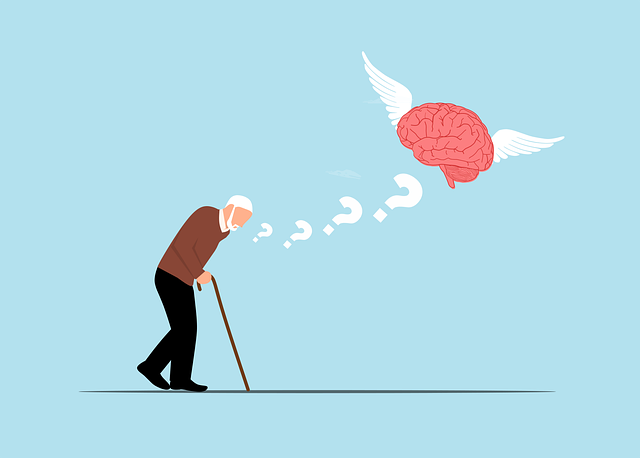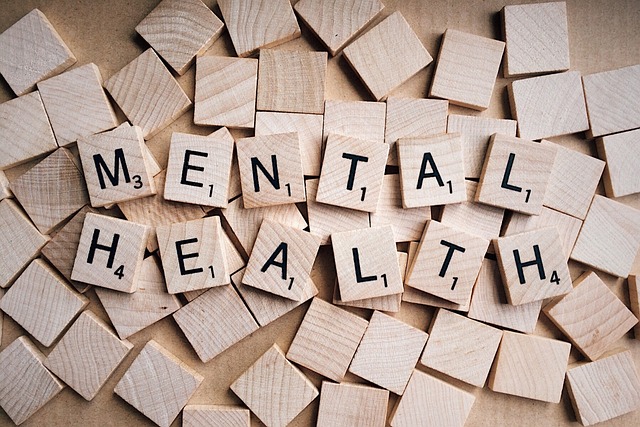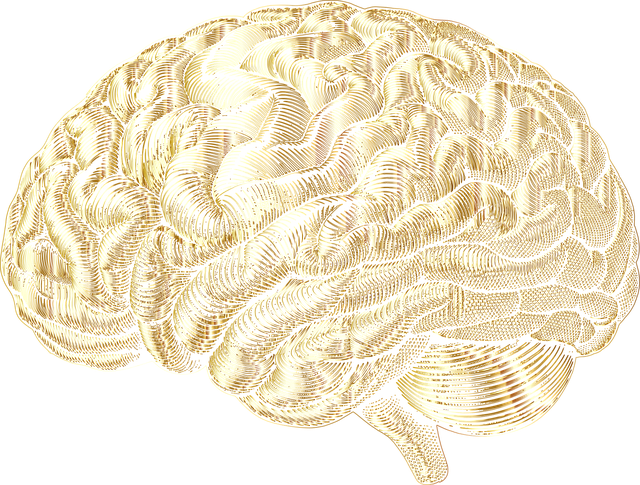Social Skills Training (SST) in Littleton offers specialized therapy for individuals with panic disorder and anxiety attacks, focusing on enhancing communication, relationships, and social participation. This approach incorporates strategies for trigger recognition, managing anxiety, conversation initiation, eye contact, and non-verbal cue interpretation, promoting cultural sensitivity and self-advocacy. Through role-playing scenarios and group discussions, SST builds confidence, emotional intelligence, and coping skills, reducing avoidance behaviors and improving mental wellness. Tailored risk assessments ensure personalized interventions for effective management of Littleton Panic Disorder and Anxiety Attacks.
Social skills training is a powerful tool in mental health care, offering targeted support for conditions like Littleton Panic Disorder and Anxiety Attacks. This article delves into the effectiveness of such training, exploring how it empowers individuals to navigate social interactions with confidence. We discuss specific strategies used in treating anxiety disorders, providing insights into the transformative potential of therapy. By understanding these approaches, we can recognize the significant role social skills play in recovery.
- Understanding Social Skills Training for Mental Health Conditions
- Addressing Littleton Panic Disorder and Anxiety Attacks with Social Skills Therapy
- Strategies and Techniques for Effective Social Skills Training in Mental Health Care
Understanding Social Skills Training for Mental Health Conditions

Social Skills Training (SST) is a specialized therapeutic approach designed to enhance social functioning for individuals with mental health conditions, including those struggling with panic disorder and anxiety attacks in Littleton. This form of therapy recognizes that effective communication, interpersonal relationships, and social participation are integral components of overall well-being and recovery. SST focuses on teaching practical skills to manage and navigate social situations, thereby improving quality of life.
The program is tailored to address the unique challenges faced by individuals with various mental health disorders. It incorporates strategies for recognizing triggers, managing anxiety in social settings, initiating conversations, maintaining eye contact, and interpreting non-verbal cues. By fostering cultural sensitivity in mental healthcare practice, SST ensures that therapeutic interventions are inclusive and respectful of diverse backgrounds, as Mental Health Awareness advocates. Moreover, it empowers individuals to advocate for themselves within the community, promoting self-esteem and a sense of belonging, which are crucial aspects of recovery, especially when addressing conditions like panic disorder.
Addressing Littleton Panic Disorder and Anxiety Attacks with Social Skills Therapy

Social skills training has emerged as a powerful tool in managing mental health conditions, particularly Littleton Panic Disorder and Anxiety Attacks. This type of therapy focuses on empowering individuals with effective communication strategies, emotional intelligence, and coping skills to navigate social situations with confidence. By addressing the root causes of anxiety, such as fear of judgment or isolation, patients can gradually build resilience and reduce their reliance on avoidance behaviors.
For individuals experiencing Littleton Panic Disorder and Anxiety Attacks, social skills therapy offers a safe space to practice assertive communication, active listening, and conflict resolution techniques—all while learning to recognize and manage triggers. Through role-playing scenarios and group discussions, participants develop emotional intelligence, enabling them to better understand their own reactions and those of others. This process fosters a sense of self-awareness and equips individuals with the coping skills needed to navigate social interactions more effectively, ultimately enhancing their mental wellness.
Strategies and Techniques for Effective Social Skills Training in Mental Health Care

Social Skills Training plays a pivotal role in managing mental health conditions like Littleton Panic Disorder and Anxiety Attacks. Effective strategies often involve a multi-faceted approach that combines techniques from cognitive behavioral therapy (CBT), mindfulness practices, and role-playing scenarios to help individuals build confidence and navigate social situations with greater ease. One key technique is teaching relaxation strategies to manage anxiety symptoms during social interactions.
Additionally, mental health professionals should incorporate confidence-boosting exercises tailored to the individual’s specific fears or triggers. This might include gradual exposure therapy for anxiety disorders, where patients are gently guided into increasingly challenging social settings. A thorough risk assessment is crucial before initiating such training to ensure safety and to tailor interventions effectively. By combining these evidence-based methods, professionals can empower individuals to lead more fulfilling lives, improving their overall mental well-being and quality of life.
Social skills training plays a pivotal role in managing mental health conditions, offering a tailored approach to treating issues like Littleton Panic Disorder and Anxiety Attacks. By employing strategies that empower individuals to navigate social interactions with confidence, this therapy provides lasting benefits. Integrating effective techniques from the article’s discussions, healthcare professionals can enhance the quality of life for those struggling with anxiety disorders, fostering better connections and improved mental well-being.














